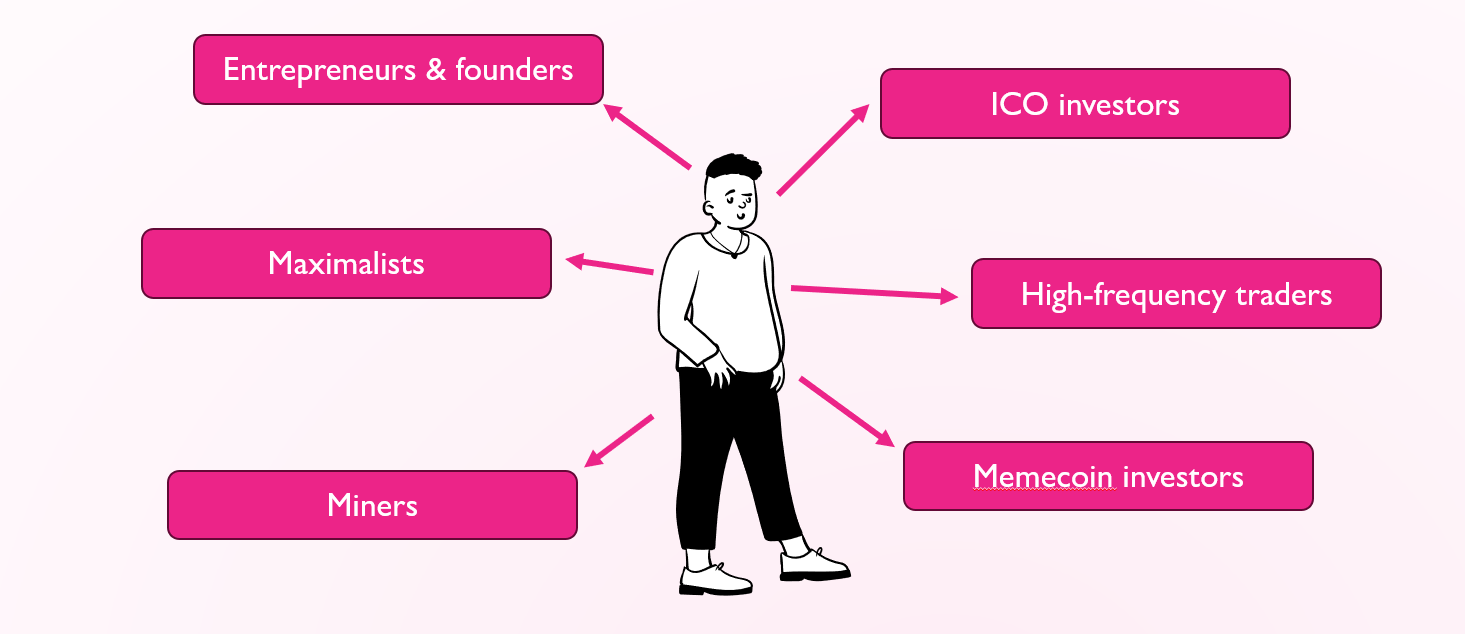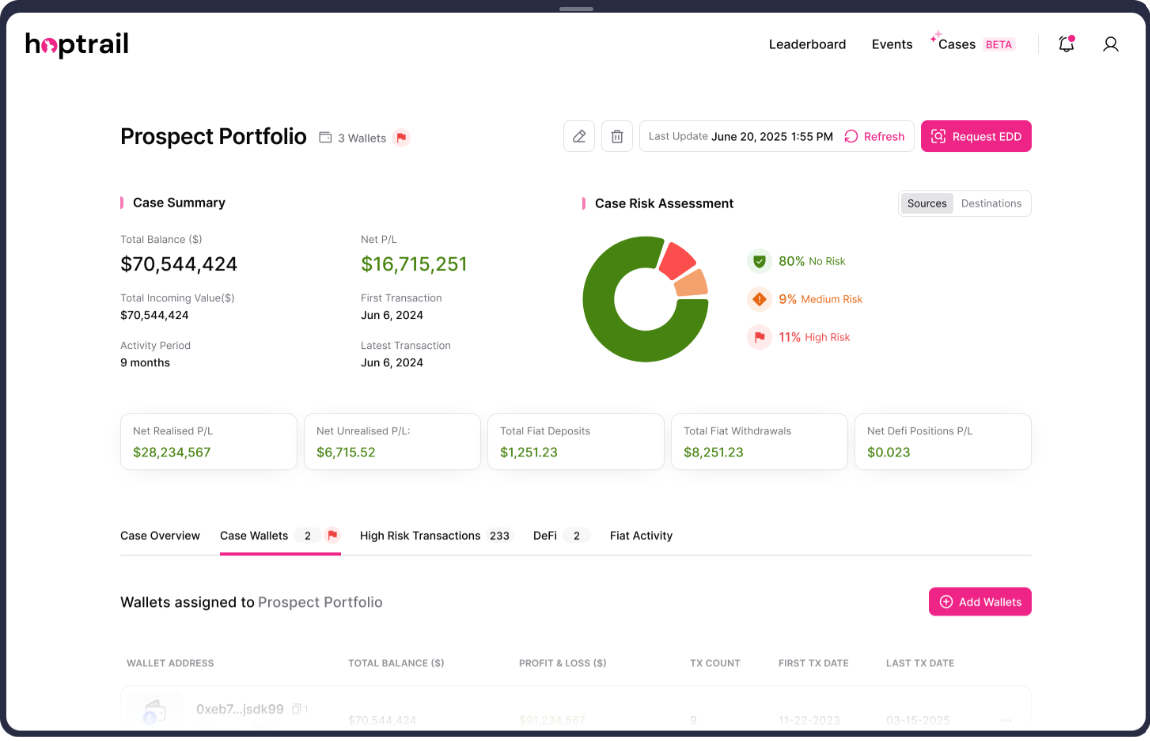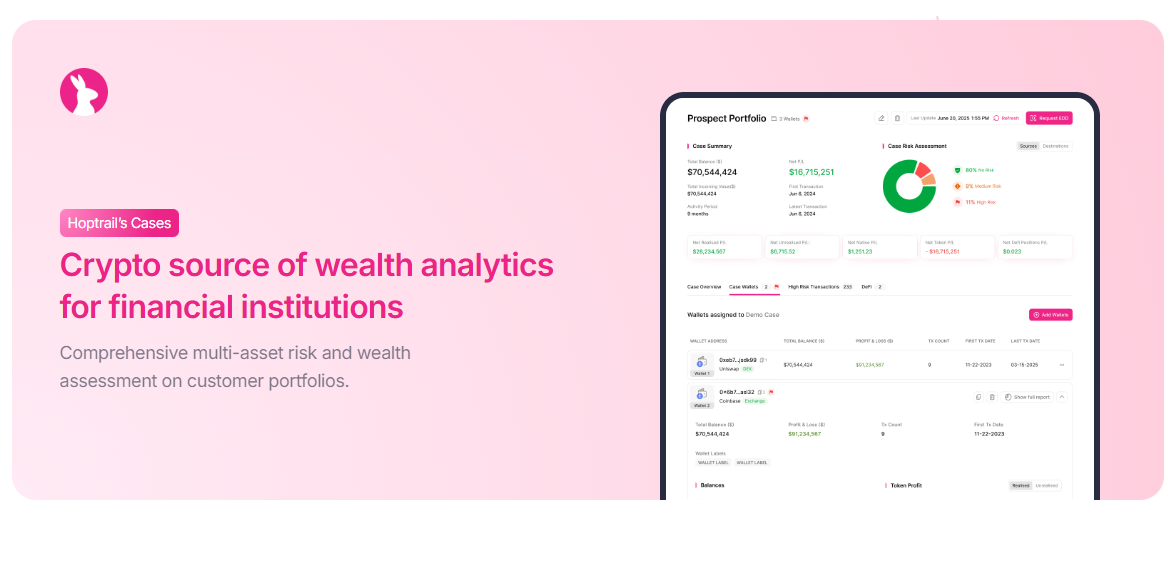HM Treasury applies first-ever crypto sanctions amid coordination with US and Israel

After a slow start to 2023, the US Treasury's Office of Foreign Assets Control (OFAC) has ramped up its focus on cryptocurrency-related activities. The agency has sanctioned 21 crypto addresses since February, comprising four separate actions from cyber-crime to drug trafficking and the proliferation of WMDs.
The trends show a growing focus on terrorist groups in the Middle East from the US and its allies, particularly on entities using virtual assets to evade sanctions and/or finance terrorist activities.
OFAC-OFSI Joint Designations
One of the more notable events of recent weeks was coordinated sanctions on Hamas-linked individuals by OFAC and the United Kingdom’s Office of Foreign Sanctions Implementation (OFSI), on 27 March 2024.
The action marks the first time OFSI has included cryptocurrency addresses in its consolidated list of financial sanctions targets in the UK. It is also the first time OFAC and OFSI have jointly designated individuals handling virtual currencies.
The enforcement agencies announced sanctions against two individuals, Mustafa Ayash and Aozma Sultana, and three entities: GazaNow, Al-Qureshi Executives, and Aakhirah Limited, for their roles in fundraising activities supporting Hamas.
Ayash, a Palestinian national with Austrian citizenship, is named as the founder and operator of Gaza Now, a Hamas-aligned media organisation. He and Sultana, a UK national, were described as involved in terrorist activity by financing Gaza Now, which “promotes, encourages and supports Hamas and Palestinian Islamic Jihad”.
Included within the designation were eight cryptocurrency addresses on the Bitcoin (BTC), Ethereum (ETH), Binance Smart Chain (BSC), and TRON networks. All eight are allegedly controlled by Ayash and/or GazaNow.
- 0x175d44451403Edf28469dF03A9280c1197ADb92c (ETH and BSC)
- TGJVc32ig2u8tQsYMLE7KXHT5NDQroaVNU (TRON: USDT)
- TXEsK1sEsKjZ1xtHitnyAAoqw3WLdYdRNW (TRON: USDT)
- TH96tFMn8KGiYSLiwcV3E2UiaJc8jmcbz3 (TRON: USDT)
- TTgcTTNbNuFdbrhvbjMZVrdU5KALyzDaPw (TRON: USDT)
- 0xE950DC316b836e4EeFb8308bf32Bf7C72a1358FF (ETH and BSC)
- 0x21B8d56BDA776bbE68655A16895afd96F5534feD (ETH and BSC)
- 3Q8H2ZWMtc4R1M3mkmhnTjCoYKTeCFigDP (BTC)

Wider Coordination
The joint OFAC-OFSI action seemingly wasn’t executed in isolation either. Three days before, on 24 March, Israel's National Bureau for Counter Terror Financing (NBCTF) issued a seizure order for cryptocurrency addresses tied to donation campaigns for Hamas.
The seizure order lists 42 addresses on the TRON blockchain, describing them as the "property of a designated terrorist organisation" and prohibiting anyone from transacting with them. The order also names 11 individuals purportedly tied to Hamas. None of these wallets overlapped with those designated in the OFAC-OFSI list.
Prior to this, the NBCTF issued a seizure order on a single Ethereum address allegedly controlled by Hezbollah operative Mehdi Mohammad Hassan, on 11 December 2023.
This itself was preceded by OFAC’s sanctioning of a Bitcoin address in October 2023 that was allegedly controlled by Buy Cash, a Gaza-based business offering money transfer and virtual currency exchange services. According to OFAC, Buy Cash was implicated in fundraising for Hamas and has also been used to transfer funds by affiliates of other terrorist groups.
And just a day before the Gaza Now sanctions, OFAC announced that it had imposed sanctions on 11 individuals and entities involved in supporting Syrian President Bashar Al-Assad's regime.
Whilst that action primarily targeted drugs trafficking, OFAC designated Syrian and foreign parties involved in facilitating millions of dollars in illicit transactions and sanctions evasion schemes, including the use of cryptocurrency payments.
Contained within the designation was an address on the TRON network controlled by Tawfiq Muhammad Sa'id Al-Law, an alleged Hezbollah operative. Yet another sign that the US and its partners are seeking to focus on the use of virtual currencies by terrorist organisations, but specifically on the financing of activity related to Hamas, Hezbollah and, ultimately, Iran.
Illustrating this effort, and kickstarting the recent spate of action, was the targeting of three procurement networks operating out of Iran, Turkey, Oman, and Germany, on 20 March 2024. These networks were allegedly instrumental in supporting Iran’s ballistic missile, nuclear, and defence initiatives by procuring materials such as carbon fiber and epoxy resins.
And contained within the identifying information of a Russian national involved in the procurement network were two cryptocurrency addresses on the – yes, you guessed it - TRON network.

Hoptrail Action
All sanctioned addresses on the Bitcoin and Ethereum blockchains are searchable and tagged on Hoptrail's platform under the High Risk ''Sanctions' category.
Likewise, all clusters and wallets of entities identified in designations issued by OFAC, OFSI, and NBCTF, are listed as High-Risk on our platform.
For in-depth reviews on all cryptocurrency-related sanctions activity, as well as real-time insights on entities, events, and fund flows across the crypto ecosystem, sign up to our platform today.

Crypto HNWIs: How did they make their fortune?

Cases: new source of wealth capabilities and upcoming features

Why we built Cases: A personal note on solving the crypto source of wealth headache
Subscribe to the Hoptrail newsletter
Sign up with your email address to get the latest insights from our crypto experts.
